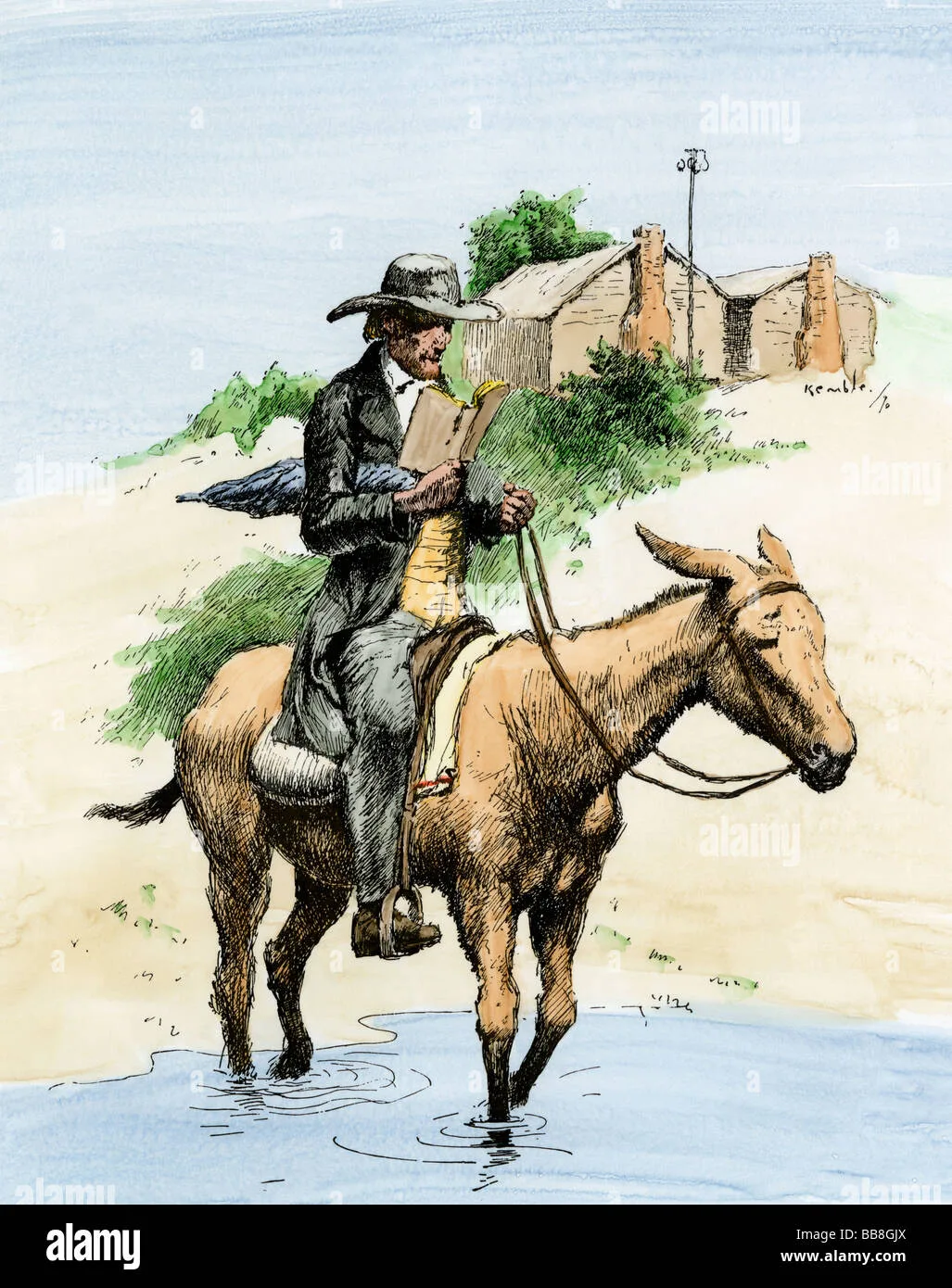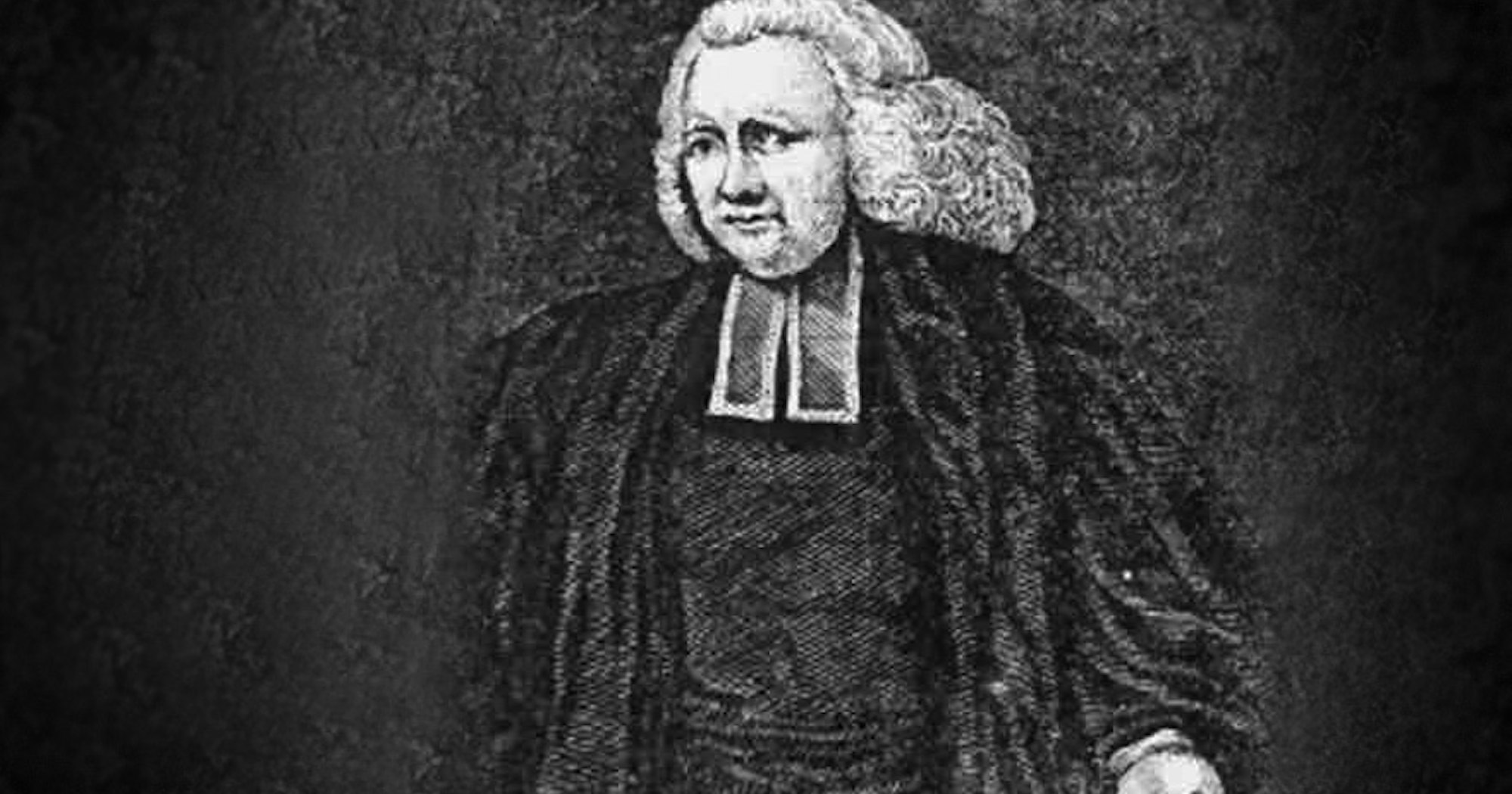How to Become an Itinerant Preacher

There is no one specific path to becoming an itinerant preacher, but there are a few things that will help you on the way. First and foremost, it is important to have a strong belief in your message and be passionate about sharing it with others. It is also helpful to be a good public speaker and have some experience delivering sermons or lectures.
Additionally, having a solid understanding of the Bible and Christian doctrine will make you more effective in sharing your faith with others. Finally, building relationships with other pastors and church leaders can give you opportunities to preach in new places.
Building A Strong Itinerant Ministry Pt1
- Research the requirements for becoming an itinerant preacher in your area
- This may include completing a certain amount of training or certification
- Start spreading the word about your new career path to family and friends
- They may be able to provide you with opportunities to preach at local churches or events
- Begin networking with other itinerant preachers and pastors in your area
- Attend conferences and workshops related to preaching and public speaking
- start building up a portfolio of your previous preaching engagements and sermons
- This will help you secure more gigs in the future and show potential employers your skills as a preacher
- Keep expanding your horizons by taking on new challenges and pushing yourself outside of your comfort zone when it comes to preaching engagements
Itinerant Preacher Jobs
Itinerant preacher jobs are a great way to see the country and meet new people while spreading the word of God. These positions are typically temporary, lasting anywhere from a few weeks to a few months, and are often located in rural areas where churches are looking for short-term help. Preachers who take on these jobs should be prepared for long hours and little rest, as they will be responsible for leading services, visiting parishioners, and conducting Bible studies.
Itinerant preaching can be a demanding but rewarding career, and those who succeed in this field will find themselves with many opportunities to continue their ministry.
Itinerant Ministry Meaning
Itinerant ministry is a type of ministry in which the minister travels from place to place instead of being assigned to one specific congregation. This type of ministry was common in the early days of Christianity, when missionaries would travel around spreading the gospel. Today, itinerant ministers are still found in many denominations, particularly those with a strong evangelistic focus.
The word “itinerant” comes from the Latin word for “journey.” Itinerant ministers often go where they feel called by God, regardless of whether there is an established church or not. They may live out of their cars or RVs and move from town to town, setting up temporary churches wherever they go.
Itinerant ministry can be a lonely life, but it is also very rewarding. These ministers often form deep bonds with the people they meet and help lead them to Christ. If you are feeling called to this type of ministry, know that it will be a challenging road but one that is full of blessings.
How to Start an Outreach Ministry
If you’re feeling called to start an outreach ministry, there are a few things you’ll need to do to get started. First, you’ll need to pray for guidance and clarity about what God is calling you to do. Once you have a clear vision for your ministry, it’s time to start planning.
You’ll need to decide what type of outreach you want to do, who your target audience is, and what resources you’ll need. Once you have all of that figured out, it’s time to get started! Here are a few tips on how to start an outreach ministry:
1. Pray for guidance. This is the most important step in starting any type of ministry. Without prayer and guidance from the Holy Spirit, it will be difficult to know where to start or what direction your ministry should go in.
2. Get organized. Once you have a clear vision for your ministry, it’s important to get organized and start planning. You’ll need to figure out what type of outreach you want to do (e.g., feeding the hungry, visiting the sick), who your target audience is (e.g., families in poverty), and what resources you’ll need (e.g., volunteers, food).
3. Start small and simple. It’s important not to bite off more than you can chew when starting a new ministry. Start with something small and simple that you can realistically accomplish with the resources available to you.
As your ministry grows, so too can the scope of your outreach efforts!
4 . Be prepared for challenges .
Outreach ministries can often be challenging , both emotionally and logistically . There will be days when things don’t go as planned or when people are resistant to help . But if you keep your focus on Christ , He will give you strengthto persevere through these challenges .
Itinerant Preacher Great Awakening
The Great Awakening was a religious revival that swept across America in the late 17th and early 18th centuries. Itinerant preachers played a key role in this movement, bringing their message of salvation to communities across the country.
The Great Awakening began as a series of revivals in New England in the 1730s and 40s.
These revivals were led by itinerant preachers like Jonathan Edwards and George Whitefield, who criss-crossed the region preaching to large crowds. The message of the Great Awakening was simple: that God was available to all people, not just an elite few. This message resonated with many Americans, who began flocking to hear these preachers speak.
As the Great Awakening spread, it took on different forms in different regions. In the South, for example, it resulted in a more emotional style of worship known as the “Great Cry.” This form of worship emphasized intense personal experiences with God, rather than intellectual arguments for belief.
Itinerant preachers continued to play an important role in spreading the message of the Great Awakening throughout America. They often traveled from town to town, holding outdoor revivals where they would preach to anyone who would listen. As news of the Awakenings spread, more and more people came out to hear these preacher’s messages.
By the early 1800s, the Awakenings had reached nearly every corner of American society.
The impact of the Great Awakening was far-reaching and long-lasting. It helped shape American religion and culture for generations to come.
How to Start a Ministry
If you feel called to start a ministry, there are a few things you need to do in order to get started. First, consult with your local church leadership. They will be able to help you discern if starting a ministry is the right thing for you and your community.
Second, develop a clear vision for your ministry. What is it that you hope to accomplish? Who is your target audience?
What needs does your community have that your ministry can address? Once you have a good understanding of what it is you hope to achieve, begin reaching out to others who might be interested in getting involved. Finally, put together a business plan and budget for your ministry.
This will help ensure that everything runs smoothly once you get started.

Credit: www.desiringgod.org
What Does Itinerant Preacher Mean?
An itinerant preacher is a Christian minister who travels from place to place, instead of being attached to a specific church. This practice was common in the early days of Christianity, when missionaries would travel around spreading the gospel. Itinerant preachers still exist today, although they are less common than they once were.
The term “itinerant preacher” can also be used more broadly to refer to any Christian minister who is not settled in a particular church. This includes ministers who move from one church to another, as well as those who travel to different churches or places to preach on a regular basis.
How Do I Start a Traveling Ministry?
Assuming you would like tips on how to get started with a traveling ministry, here are a few key points to keep in mind:
1. Define your purpose and target audience. Why do you want to start a traveling ministry?
What group of people are you hoping to reach? It is important to be clear about your goals from the outset so that you can tailor your ministry accordingly.
2. Raise support.
Unless you have personal financial resources to draw from, you will need to raise money to fund your travels. This can be done through crowdfunding platforms, donor solicitation, or grants, among other methods.
3. Make a plan.
Once you have raised the necessary funds, it is time to start planning your trip. Where will you go? What route will you take?
Who will you partner with along the way? Having a well-thought-out plan will make executing your ministry much easier.
4. Be prepared for challenges.
Traveling can be difficult and unpredictable, even under the best of circumstances. There may be times when things don’t go as planned or when unexpected problems arise.
Who was an Itinerant Or Traveling Preacher?
Itinerant preachers were those who traveled from place to place, usually on horseback or by foot, to preach the gospel. They often had no permanent home and would stay with families or in inns along their journey. Some itinerant preachers were circuit riders, meaning they rode a circuit of churches and preached at each one in turn.
Others were missionaries sent out by their church to evangelize new areas.
Itinerant preaching was a common practice in the early days of the Church, when Christians were still being persecuted and it was unsafe to stay in one place for too long. Many of the most famous preachers in history, such as John Wesley and George Whitefield, were itinerants.
Even today, there are some Christian denominations that send out itinerant preachers to reach people in remote areas or who have never heard the gospel before.
Who was the Famous Itinerant Minister?
Itinerant ministers were popular in the 18th and 19th centuries. They were often circuit riders who preached to rural communities that didn’t have their own churches. Some of the most famous itinerant ministers include John Wesley, George Whitefield, and Jonathan Edwards.
These men helped to spread the gospel throughout America and Europe.
Conclusion
In America, the majority of people who become itinerant preachers do so after completing a seminary degree. There are many seminaries that offer programs specifically designed to train people to be itinerant preachers. Some denominations also require that their ministers complete a certain amount of continuing education credits every year in order to maintain their ministerial license, and many of these credits can be earned by attending seminars and workshops on preaching.
